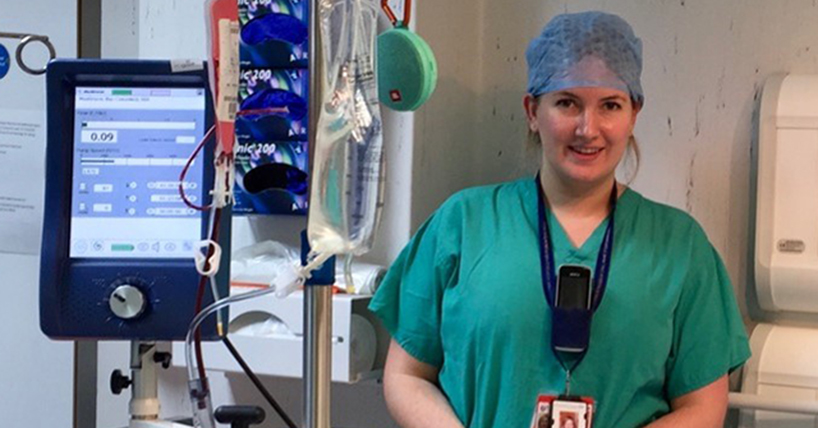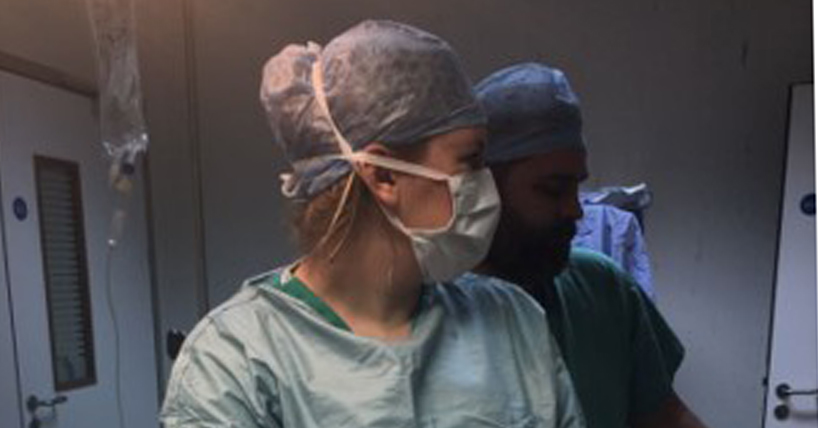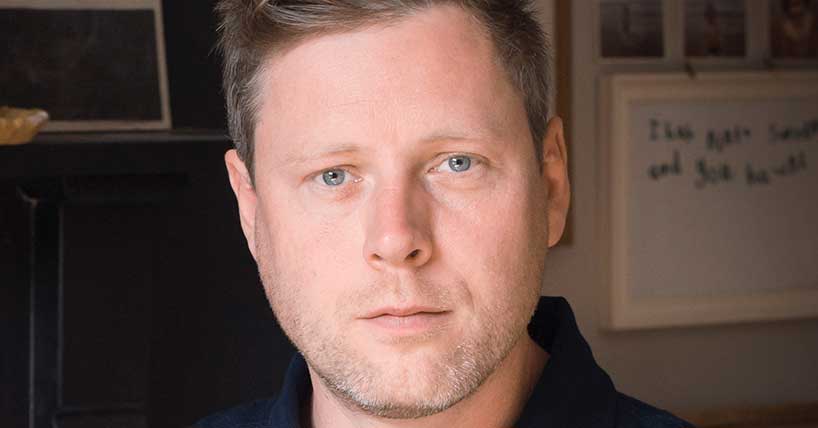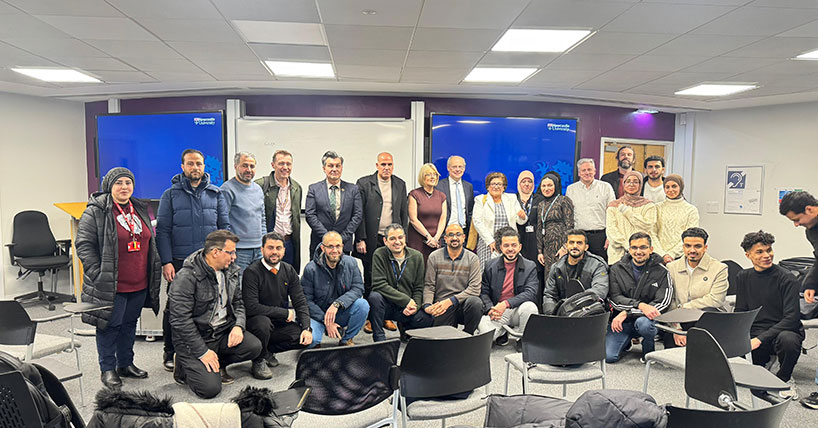New hope for kidney revival for transplant
New hope for kidney revival for transplant
Published on: 14 July 2020
New research has demonstrated that kidneys can be revived prior to transplantation by delivering a cell therapy directly to the organ.
A team led by Newcastle University researcher, Dr Emily Thompson, is the first to discover that a new technique called Normothermic Machine Perfusion - when combined with stem cells - can be used to improve the function of ‘marginal’ kidneys, organs that are at risk of not working as well.
By treating kidneys with a type of stem cell called MultiStem®, the organs demonstrated a number of responses associated with better function caused by the release of anti-inflammatory molecules, improving blood flow to damaged cells and increasing urine production.
The research is published in the American Journal of Transplantation and Dr Thompson, from the Translational and Clinical Research institute, Newcastle University, UK and transplant surgery registrar at Newcastle Hospitals NHS Foundation Trust, led the research project. She is funded by Kidney Research UK and by the NIHR Blood and Transplant Research Unit in Organ Donation and Transplantation.
“By improving the quality of donor kidneys and increasing the number available, we hope to be able to reduce the waiting time and improve the health outcomes for patients,” said Dr Thompson.

Shortage of kidneys to transplant
Kidney transplantation is the best treatment for patients with kidney failure, however, on average, patients wait three years for an organ to become available.
Many kidneys offered for donation are classified as marginal and this can often lead to post-transplant problems, increasing the chances of a patient requiring a second organ.
Dr Thompson said: “It was exciting to see the results of the research as it could offer a new way to make more kidneys suitable for transplant. It could offer hope to more people on dialysis and shorten the waiting list.
“This work has completely changed our thinking as it shows that we may be able to pre-treat the kidney directly, instead of treating the whole patient before or after transplantation. This opens up exciting opportunities to explore other therapies, such as gene therapy or other stem cells, and we are moving our research forward and looking at a lot of other drugs and therapies.
“Currently these tests are done in the lab but if they transfer to the patient setting, as we hope they will, those who receive a transplant may receive better quality kidneys that last a lifetime.”
“This exciting research shows that stem cell treatment could improve the quality of donor kidneys,” said Dr Maria Tennant, Head of Communications at Kidney Research UK. “Right now, there are not enough kidney transplants available for everyone who needs one, and a transplant doesn't last for life. We hope this treatment ultimately means more kidneys become fit for transplant and are able to last much longer.”
Reviving organs
Normothermic Machine Perfusion, a recently-established method for organ preservation – optimises metabolism primarily for storage and transportation and pumps oxygenated blood through the organ at body temperature, keeping the kidney working after it has been removed from the donor. This research focussed on whether the technique can also be used to deliver treatments to improve kidney function.
The benefit of this technique is that treatments can be delivered directly to the kidney. It is performed while the kidney is outside of the body so there are fewer concerns about side effects in a patient.
In the research, Dr Thompson treated kidneys with an adult stem cell product candidate called MultiStem™ which is being developed by Athersys,Inc. based in Cleveland, Ohio. The treated kidneys showed a number of responses associated with better function caused by the release of anti-inflammatory molecules (cytokines and growth factors specifically reduction of IL-1beta, an increase in IL-10 and IDO activity) which improved blood flow to damaged cells leading to increased urine production.
Dr Thompson has already been recognised for this work receiving the Medawar medal from the British Transplantation Society and the Da Vinci award from the European Society of Transplantation.
The next step is to find out if the improvements seen on the machine result in better transplants. Dr Thompson will be progressing the work with further research and testing and it is hoped this innovation will progress to human clinical trials within a few years.
REFERENCE: Novel delivery of cellular therapy to reduce ischemia reperfusion injury in kidney transplantation, Emily R. Thompson et al. American Journal of Transplantation.

Latest News
Heading 3 example
Text only. For subheading use ‘Heading 3’
Lorem ipsum dolor sit amet, consectetur adipiscing elit. Donec vel sapien lectus. Aliquam consectetur vitae tortor mattis sodales. Donec id quam id nulla tristique vestibulum. Ut vitae orci aliquam massa varius dapibus. Vivamus aliquet, lorem sit amet semper ultricies, ex tortor molestie felis, at ultrices tellus ligula vitae est. Sed gravida tortor sapien, in iaculis quam vestibulum vel. Duis et quam nec metus pharetra placerat. Donec in tellus pretium ex sagittis posuere. Nunc varius, libero at suscipit commodo, magna lacus facilisis velit, sed pellentesque magna eros vel dolor. Donec pretium neque ultrices, condimentum turpis non, porttitor neque. Suspendisse fermentum at lectus scelerisque mattis. Nam augue justo, iaculis quis euismod et, viverra in elit. Aliquam vitae justo malesuada, sodales urna et, aliquam nunc. Nulla placerat neque quis odio molestie, mattis bibendum turpis pellentesque.



